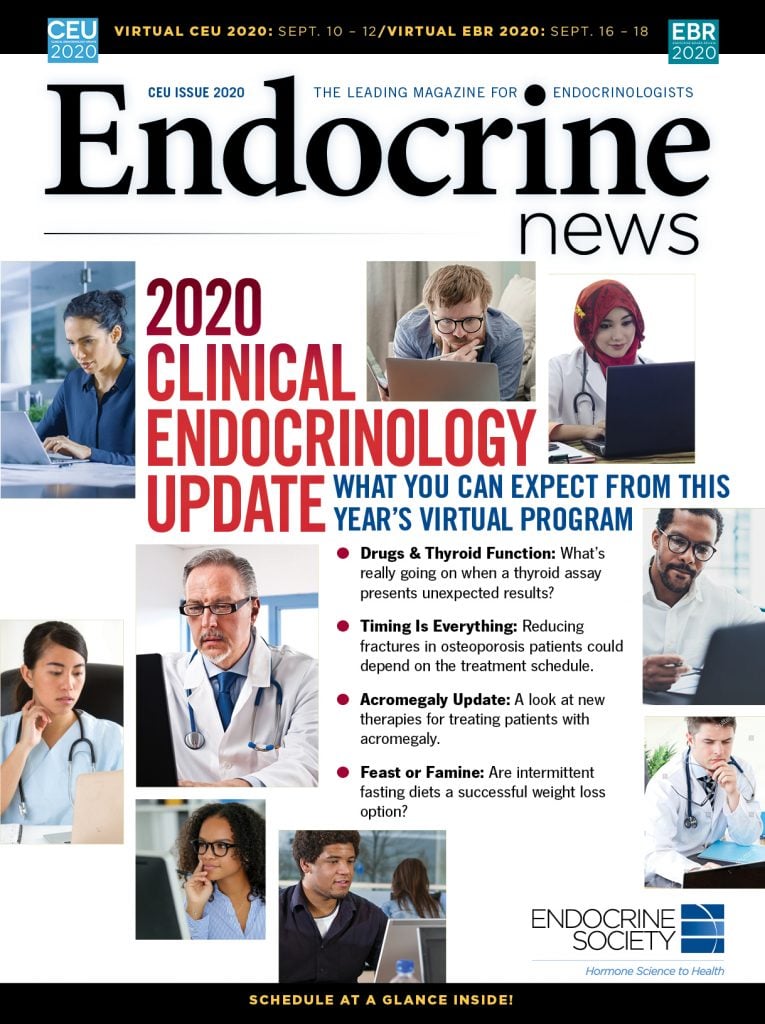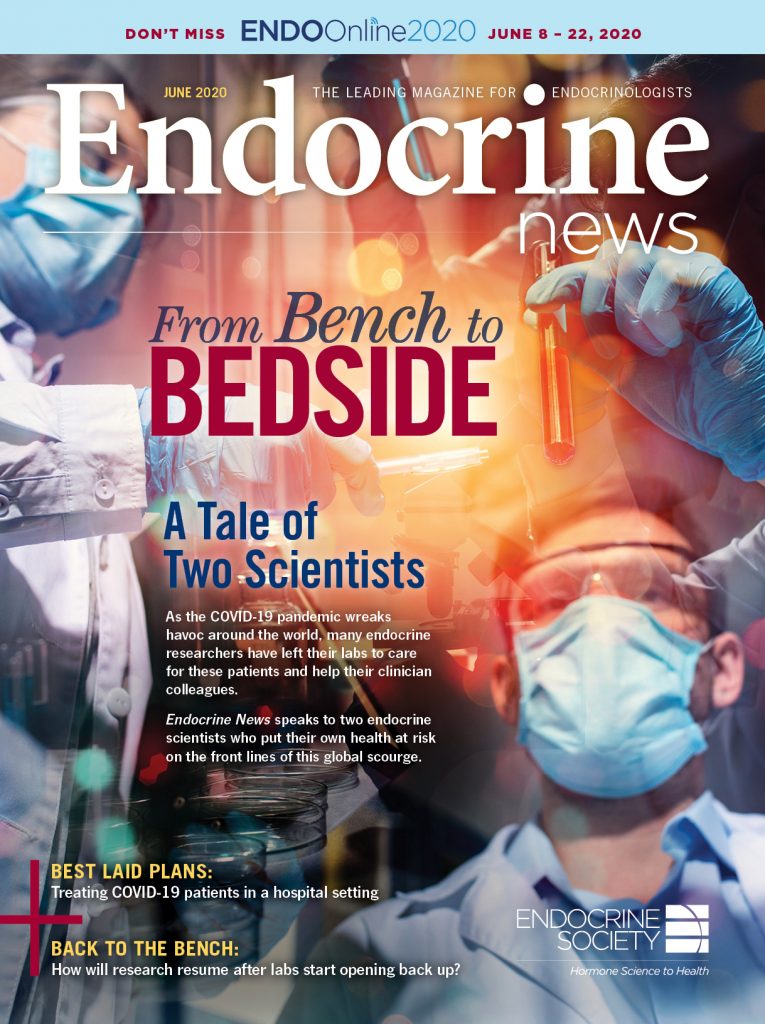 Michael Lewiecki, MD, will detail the importance of when to time treatments for patients with osteoporosis to reduce fractures, as well as the concepts of imminent fracture risk, treat-to-target, and sequence of therapy in his CEU session “Osteoporosis Medication: Timing Is Everything.” Timing is everything. That’s true about a lot of things in life –...
Michael Lewiecki, MD, will detail the importance of when to time treatments for patients with osteoporosis to reduce fractures, as well as the concepts of imminent fracture risk, treat-to-target, and sequence of therapy in his CEU session “Osteoporosis Medication: Timing Is Everything.” Timing is everything. That’s true about a lot of things in life –... Michael Lewiecki, MD, will detail the importance of when to time treatments for patients with osteoporosis to reduce fractures, as well as the concepts of imminent fracture risk, treat-to-target, and sequence of therapy in his CEU session “Osteoporosis Medication: Timing Is Everything.” Timing is everything. That’s true about a lot of things in life –...
Michael Lewiecki, MD, will detail the importance of when to time treatments for patients with osteoporosis to reduce fractures, as well as the concepts of imminent fracture risk, treat-to-target, and sequence of therapy in his CEU session “Osteoporosis Medication: Timing Is Everything.” Timing is everything. That’s true about a lot of things in life –...
 This year has dealt us many challenges. During times like these, we lean on our professional communities for strength, encouragement, and guidance. Despite our inability to gather, socialize, and learn in person, I’m immeasurably proud that our global endocrine community is now all the more connected, united, and inclusive. This is no coincidence — we’re...
This year has dealt us many challenges. During times like these, we lean on our professional communities for strength, encouragement, and guidance. Despite our inability to gather, socialize, and learn in person, I’m immeasurably proud that our global endocrine community is now all the more connected, united, and inclusive. This is no coincidence — we’re... COVID-19 may increase the risk of blood clots in women who are pregnant or taking estrogen with birth control or hormone replacement therapy, according to a new manuscript published in the Endocrine Society’s journal, Endocrinology. One of the many complications of COVID-19 is the formation of blood clots in previously healthy people. Estrogen increases the chance of blood...
COVID-19 may increase the risk of blood clots in women who are pregnant or taking estrogen with birth control or hormone replacement therapy, according to a new manuscript published in the Endocrine Society’s journal, Endocrinology. One of the many complications of COVID-19 is the formation of blood clots in previously healthy people. Estrogen increases the chance of blood... Endocrine News spoke to two early-career researchers who were called into action to treat COVID-19 patients full time. They share their inspiring stories of how they are coping with their new duties, how their research informed their patients’ care, and what they think the future of healthcare will look like post-pandemic. Endocrine scientists routinely spend...
Endocrine News spoke to two early-career researchers who were called into action to treat COVID-19 patients full time. They share their inspiring stories of how they are coping with their new duties, how their research informed their patients’ care, and what they think the future of healthcare will look like post-pandemic. Endocrine scientists routinely spend... Carol A. Lange, PhD, has been an active member of the Endocrine Society since she attended her very first ENDO in 1996 where she “found her people.” Over 25 years later, she has taken the reins of the Society’s Endocrinology journal this month and tells Endocrine News about her remarkable journey, her advice to new...
Carol A. Lange, PhD, has been an active member of the Endocrine Society since she attended her very first ENDO in 1996 where she “found her people.” Over 25 years later, she has taken the reins of the Society’s Endocrinology journal this month and tells Endocrine News about her remarkable journey, her advice to new...